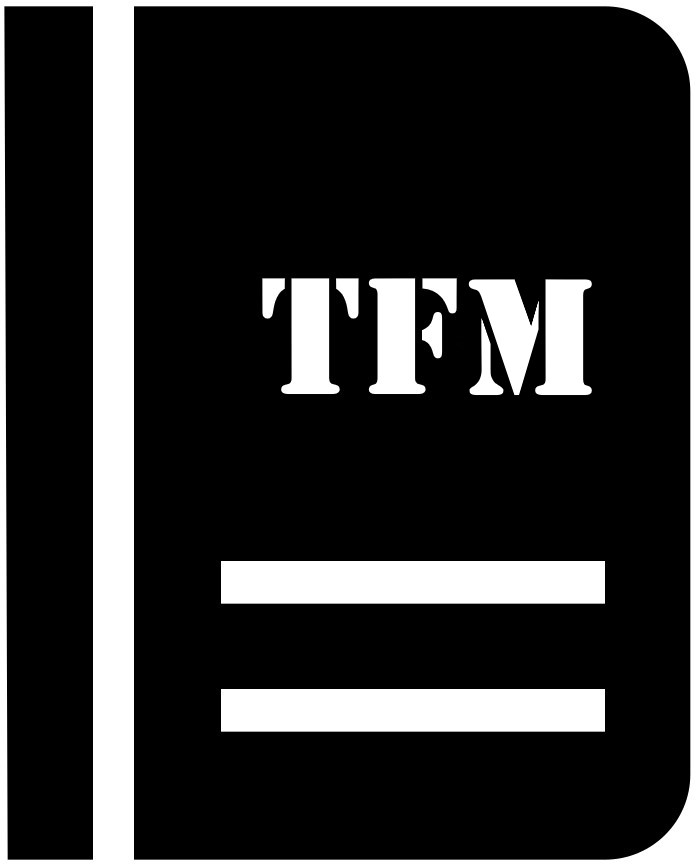|
Autor/a
Cabré Boqué, Meritxell
|
Abstract
Nowadays, people is concerned about the environment, what they eat and what is in contact with their skin. So, they are worried about chemical products toxicity and damage, like dioxins (PCDD), furans (PCDF) and polychlorinated biphenyls (PCB).
Although food intake is the main exposure path to these compounds, dioxin, furan and PCB (dl-PCB and ndl-PCB) content in commercial sanitary napkins have been determined in this study, because of the concern about it among the population. For this purpose, an analytical methodology has been developed and validated, based on manual and automatic purification of cotton extracts. In both cases, the results obtained were acceptable for the purpose.
Twelve sanitary napkins of different brand commercialized in Barcelona have been analysed, where 4 were organic and 3 were not fabricated in Spain.
The dioxin and furan (PCDD/F) levels of these 12 pads were below the limit of quantification (LOQ), except some congeners, such as OCDD. The most toxic congener, 2,3,7,8-TCDD, was not detected in any of the sanitary napkins.
Moreover, dioxin like PCB (dl-PCB) concentrations were very low. Most of the congeners had concentrations below LOQ, except for PCB 118 which was detected in all sanitary napkins. However, non-dioxin like PCB (ndl-PCB) presented an atmospheric deposition profile, where higher concentrations were observed in lower chlorination congeners. The total concentrations was between 85 and 492 pg/g.
No differences have been observed for these compounds between organic and non-organic sanitary napkins, or in those produced in different countries. Dioxin and dl-PCB results were similar to those inthe literature, whereas no data about ndl-PCB is reported in it.
Finally, the daily exposure dose to dioxin and dl-PCB through the sanitary napkins analysed have been calculated, obtaining results between 8·10-5 and 3·10-4 pg WHO-TEQ/kg/year. EFSA established a tolerable daily intake (TDI) of 0,3 pg WHO-TEQ/kg/year, which compared with the calculated daily exposure dose allow us to state that the risk to dioxin and dl-PCB exposure is negligible.
|

|



